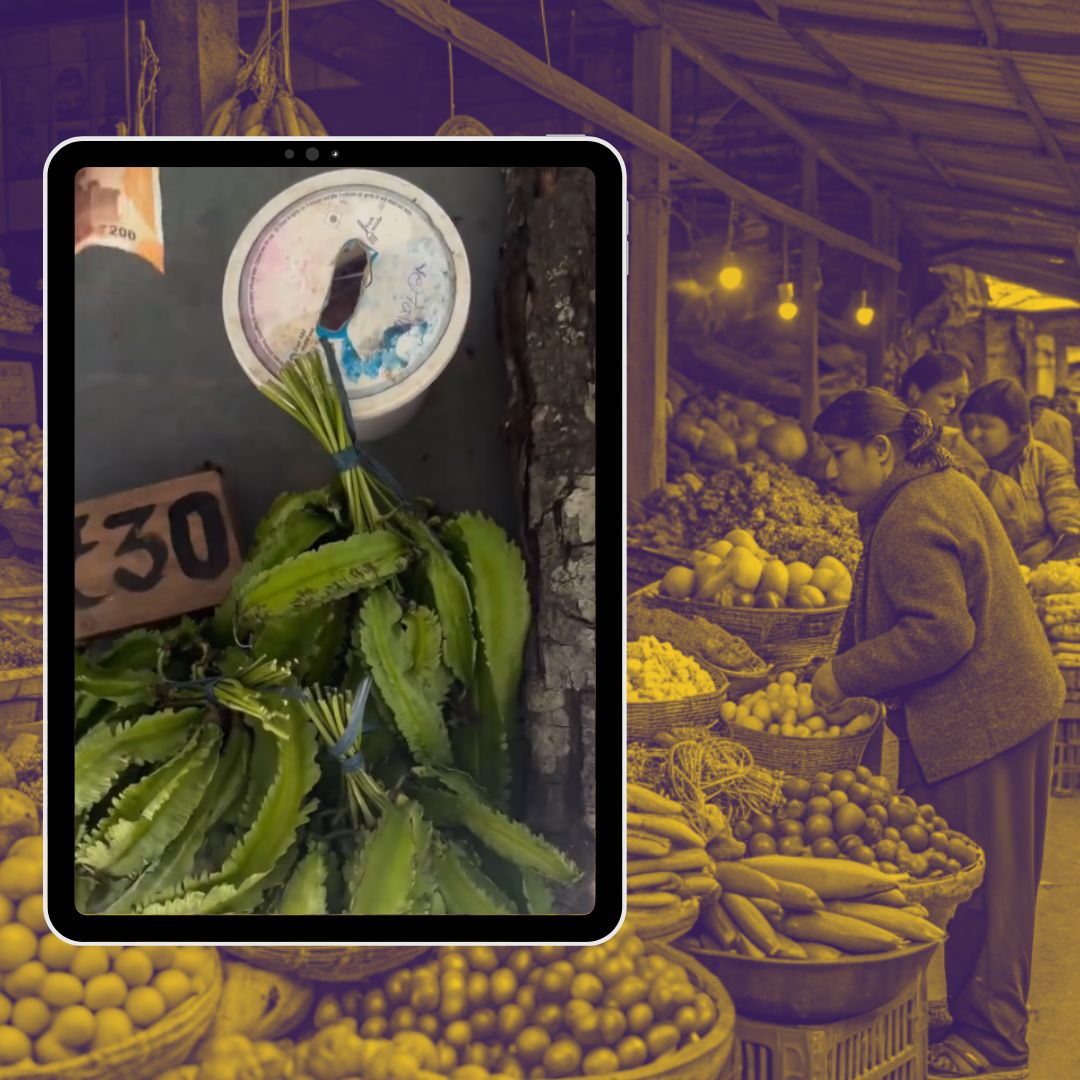In a remarkable display of community trust and integrity, a shop in Nagaland has adopted a unique concept that eliminates the need for salespeople. This innovative establishment allows shoppers to select their vegetables freely, placing their payments in jars located on the table, with clear price tags for each item. This model not only enhances the shopping experience but also reflects the deep-rooted values of honesty and trust prevalent in Naga culture.
A Testament to Trust
The absence of sales staff in this shop is a bold statement about the faith that the community has in one another. In a world often marked by suspicion and transactional relationships, this approach fosters an environment where customers can engage with the shop without fear of dishonesty. It stands as a testament to the belief that when individuals are trusted, they will act responsibly. This model challenges traditional retail norms and invites a broader conversation about how trust can be integrated into everyday life.
Cultural Significance
This initiative resonates with the cultural ethos of Nagaland, where values such as simplicity, hospitality, and honesty have historically defined social interactions. The concept encourages a sense of responsibility among shoppers, reinforcing the idea that community members are accountable for their actions. Local shoppers have expressed their appreciation for this model, noting how it fosters a sense of pride and ownership in their community. One customer shared, “It feels good to know that we can trust each other like this; it makes shopping a pleasant experience.”
Challenges and Resilience
While the shop’s model is largely successful, it is not without its challenges. The owner has had to navigate concerns about potential theft and pricing disputes. However, through open communication with customers and a strong community ethos, these issues have been managed effectively. This resilience speaks volumes about the commitment to maintaining trust within the community.
A Broader Context
This innovative approach is part of a growing trend towards trust-based commerce seen in various parts of the world. From cooperative grocery stores to pay-what-you-can cafes, these initiatives highlight a shift towards valuing community over profit. By showcasing such practices, we can inspire more businesses to explore similar models that foster connection and mutual respect.
The Logical Indian’s Perspective
At The Logical Indian, we celebrate initiatives that promote peace, dialogue, and empathy within communities. This shop exemplifies how trust can lead to positive social change, encouraging individuals to engage with one another in a spirit of harmony and coexistence. Such practices not only strengthen community bonds but also inspire others to adopt similar models that prioritise integrity over profit. In a time when societal values are often compromised, this shop serves as a beacon of hope, reminding us of the power of collective responsibility.
As we reflect on this inspiring story from Nagaland, we invite you to share your thoughts: How can we encourage more communities to embrace trust-based practices in everyday transactions? What steps can we take to support local businesses that prioritise integrity? Your insights could spark meaningful conversations and inspire change in your own neighbourhood!











